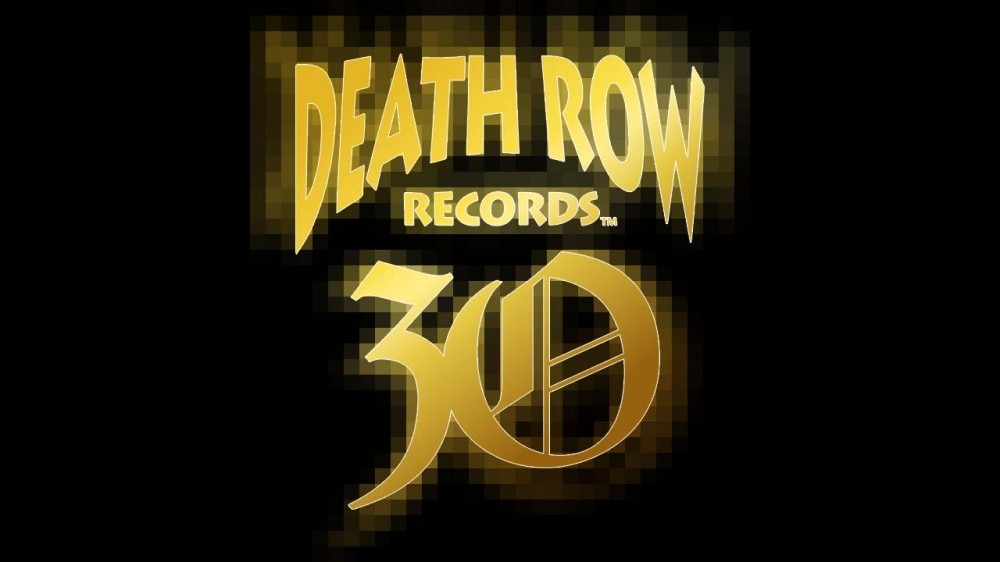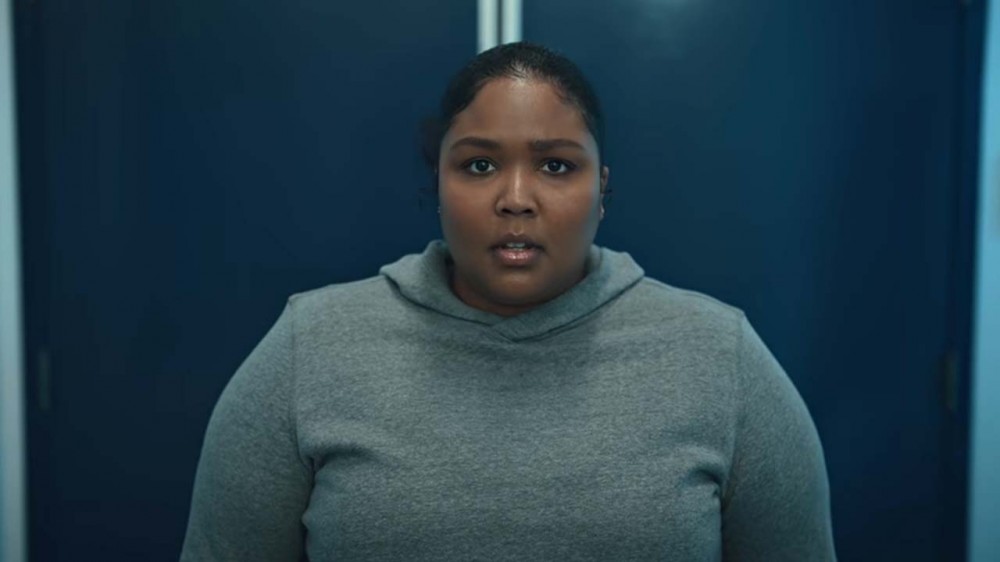Snoop Dogg has plans to make his recently acquired Death Row Records the first NFT record label. He believes that the blockchain has the power to change the game in favor of the artists and fans. But there are serious questions as to the validity of that claim.

139 Views
Comments Off on Snoop Dogg Says His Newly Acquired Death Row Records Will Empower Artists And Fans Via Blockchain Technology. Maybe Not.
Death Row Records Will Be All NFT
Snoop Dogg recently announced that he is the new owner of Death Row Records after acquiring the infamous record label in an undisclosed deal. He dropped the news to his fans during a live session on the app Clubhouse, saying that he would be revolutionizing the game in favor of the artist and the people who support their music.
Snoop revealed plans to make Death Row Records the first record label to release music directly to fans via NFTs on the blockchain, saying, “We will be putting out artists through the metaverse. Just like we broke the industry when we was the first independent to be major, I want to be the first major in the metaverse.”
Last week, Snoop teamed up with the blockchain gaming company, Gala Games, for the release of his new album B.O.D.R. (Bacc on Death Row), which was released on the blockchain as a stash box of NFTs in the Gala Music store. The album went for $5,000 on the metaverse— it featured one of the LP’s 17 songs as an NFT, as well as three exclusive bonus tracks.
“If anything is constant, it’s that the music industry will always be changing,” Snoop said in a press release. “Blockchain tech has the power to change everything again and tip the table in favor of the artists and the fans, and we’re going to be right at the front of the pack with this Gala Music deal.”
The Problem With Music NFTs and “Permanent-ability”
More and more Hip-Hop artists have joined the NFT craze, most recently Lupe Fiasco with his new NFT platform and Gunna who dropped $300K on a trendy Bored Ape NFT. With the growing push for more mediums of media to be put up on the blockchain and minted as NFTs, the question arises: When media is hosted on the blockchain, who really owns it?
And with Snoop’s new move to deliver Death Row releases as NFTs, new questions arise for fans and artists. When a record label or corporation hosts media on the blockchain, is it your media to consume and is it still the artist’s media that they’ve spent time and energy making?
The question of permanent-ability arises as any form of media that is on a blockchain is only there as long as that blockchain is up. If anything happens to that blockchain resulting in it being taken down permanently or temporarily, an “owner” no longer has access to that media or the blockchain.
Owning an NFT on the blockchain is similar to how we “own” music on Spotify or movies on Netflix – a subscriber-only has access to Netflix as long as they continue paying for that access and the Netflix licensing rights and technology servers are viable.
When a record label is housing and distributing its music as an NFT, the same logic can be applied and new questions arise. Who does the music creative belong to? Who gets the right to mint the music and who gets the profits when they’re sold? How will the creative properties be preserved when they’re put on the blockchain or will they only be hosted on the blockchain? How will the rigging needed to host the servers for the blockchain be maintained and what will the environmental or financial impact be for those who are not benefitting from the NFT collection, such as the astronomical load on the electrical grid from the mining and minting process. There are too many questions with not enough answers.
As Hip-hop artists join the NFT craze, it appears that digital ownership is could tip in favor of the corporation or the owner of the collection — not the fan or necessarily the artist, as Snoop suggests.




